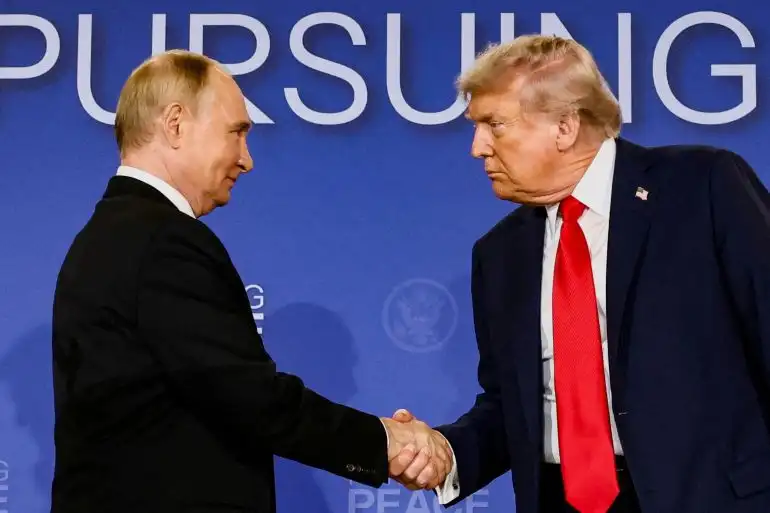In a notable policy change, President Donald Trump has implemented sanctions against Russia’s two largest oil companies, Rosneft and Lukoil, along with numerous subsidiaries, due to Russia’s inadequate commitment to peace in the Ukraine conflict. The U.S. Treasury Department announced that these sanctions will freeze all U.S.-held assets of the companies and restrict American individuals and entities from conducting business with them. Treasury Secretary Scott Bessent stressed the need for an immediate ceasefire, highlighting the urgency of the situation.
Rosneft, under CEO Igor Sechin, produced 184 million metric tons of oil in 2024, representing about 3.3% of global output, while Lukoil contributed roughly 2% with 80.4 million tons. accompanying the U.S. measures, the European Union has escalated its sanctions, focusing on Russia’s maritime oil transport and banning liquefied natural gas imports.
In reaction to the U.S. sanctions, Chinese oil companies such as PetroChina, Sinopec, and CNOOC have halted purchases of Russian seaborne oil, citing compliance concerns with international sanctions, which may significantly affect Russia’s oil revenues and tighten global supply. Russian President Vladimir Putin characterized the U.S. actions as “unfriendly” and potentially destabilizing for global oil markets.
Despite the economic strain from increasing sanctions, analysts suggest that Russia’s economy shows resilience, though warning signs are beginning to surface. Ukrainian President Volodymyr Zelenskyy welcomed the U.S. sanctions as critical for peace, while European leaders have reiterated the importance of sustained economic pressure. Following the sanctions, Brent crude prices increased to around $64 per barrel, indicating expected disruptions in global oil markets amid ongoing shifts in international relations.











Leave a comment